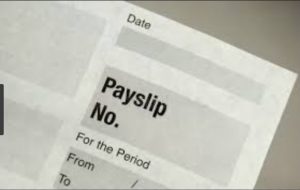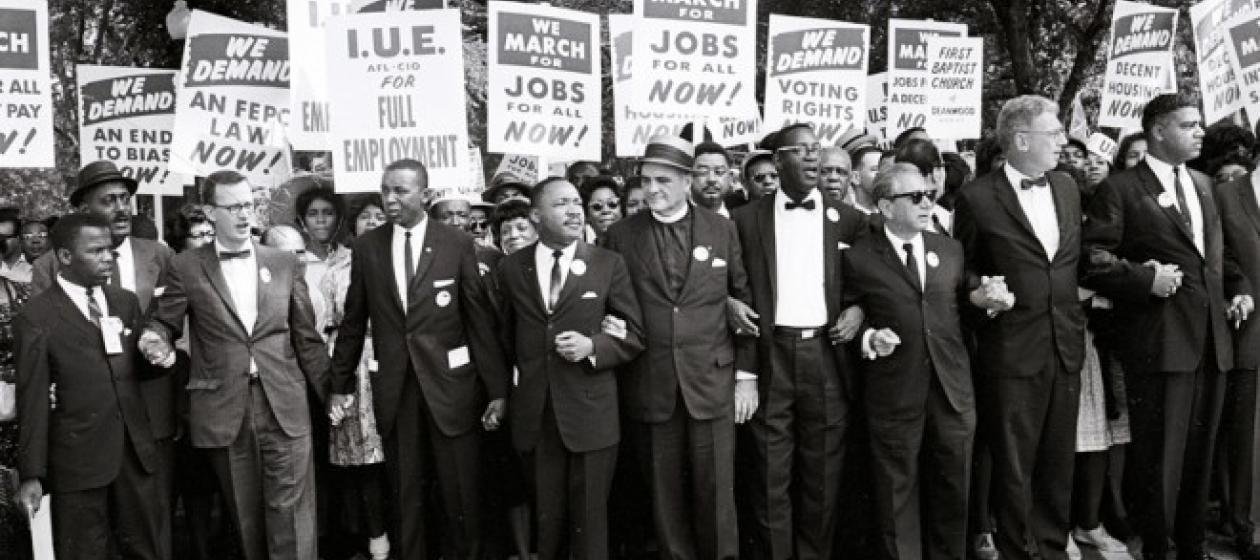by | | Uncategorized
Immigration and Benefits?
It is the law in North Carolina that all workers, even undocumented workers, have a right to file for workers’ compensation benefits. Rivera v. Trapp, 135 N.C.App. 296, 519 S.E.2d 777 (1999).
What happens if an injured worker is not able to return to work because of their immigration status?
In North Carolina, if an undocumented worker was able to find work before their injury despite their immigration status, the assumption is that their injury is preventing them from a return to work, not their immigration status. Gayton v. Gage Carolina Metals, Inc., 149 N.C.App. 346, 351, 560 S.E.2d 870, 874 (2002).
If you have experienced a job-related injury that makes it impossible for you to return to work, your immigration status should not keep you from receiving workers’ compensation benefits. If you can present proof that you cannot find a new job because of your injury, your employer will have to provide you with benefits even if your immigration status was a factor in your job search.
It is important to remember that worker’s compensation claims can be complex.
For more information about how we can help, please call Brian Elston Law at 828.575.9700 to schedule a consultation today.
(The information above is is provided for general information purposes only and does not constitute legal or other professional advice or an opinion of any kind. Users of this web site are advised to seek specific legal advice by contacting members of Brian Elston Law (or their own legal counsel) regarding any specific legal issues. Brian Elston Law does not warrant or guarantee the quality, accuracy or completeness of any information on this web site. The articles published on this web site are current as of their original date of publication, but should not be relied upon as accurate, timely or fit for any particular purpose.)
by | | Education
Four years ago, my spouse had to make a choice: continue in the teaching profession (as she had been doing for 10+ years) or…..provide for her family and kids the way that she wanted to. At the time the General Assembly was reducing its funding to public schools. She hadn’t had a raise in 10 years and the outlook for the teaching profession was bleak. Tears were shed at the decision….
Thank you to all the teachers who are headed to Raleigh today and taking the fight for increased support to the General Assembly.
My wife continues to support teachers and students, but in a different role than as a teacher.
Brian Elston Law also supports public education by representing students and parents in special education and personal injury related issues.

by | | Workers' Compensation
Will my weekly check change if I start my own business?
“Weekly checks” the are benefits an injured worker receives when they are injured on the job. The weekly checks, legally known as temporary total benefits or temporary partial benefits, are provided to injured workers’ pursuant to N.C. Gen. Stat. 97-29 or 30. The checks should be 2/3 of the injured workers’ average weekly wage. Because of the shortfall, injured workers’ may feel that they need extra income. However, the injured worker is hurt. Who’s going to hire an injured worker? So, the injured worker is left to ask if they can start their own business while they are receiving weekly checks?

Injured workers’ should receive a weekly check for being out of work
Will my own job change a weekly check?
If an injured worker starts to work a self-employed job while out on workers’ compensation, it is likely that the weekly check will change. However, it depends on the new job and whether or not the injured worker has “wage earning capacity.”
An injured worker is entitled to weekly checks so long as they can demonstrate:
- The injured worker is incapable after the injury of earning the same wages they had earned before the injury in the same employment.
- The injured worker was incapable of earning the same wages they had earned before his employment in any other employment. AND
- That the incapacity to earn was caused by the injury.
Hilliard v. Apex Cabinet Co., 305 N.C. 593, 595, 290 S.E.2d 682, 683 (1982)
The focus is not whether the injured employee actually earns wages, but whether the injured employee has a capacity to earn the wages. The North Carolina Court of Appeals has stated “post-injury earnings should not be relied on in determining earning capacity of [injured worker] when they do not reflect his ability to compete with others.” See Bridwell v. Golden Corral Steak House, 149 N.C. App. 338 (2002).
The test for determining whether a self-employed injured worker has “wage-earning capacity” is that the injured worker:
- be actively involved in the day to day operation of the business
- utilize skills which would enable the injured worker to be employable in the competitive market place, regardless of the injured worker’s physical limitation, age, education and experience.
In other words, would the injured worker be hired in the competitive job market based on what they are doing for the self-employed position? If so, then the weekly checks could change. If not, then the weekly change may not change.
So, before opening your own business or starting a new job while receiving weekly checks, the injured worker should contact an attorney that focuses on workers’ compensation.
Brian Elston Law specializes in Workers Compensation Law. If you need an Asheville, NC workers compensation attorney, contact us today.

by | | Workers' Compensation
Advocating for Workers’ Rights
“At the present time, thousands of jobs a week are disappearing in the wake of automation and other production efficiency techniques. Black and white, we will all be harmed unless something grand and imaginative is done. The unemployed, poverty-stricken white man must be made to realize that he is in the very same boat with the Negro.”
Martin Luther King, Jr. (1965)
The quote above is just as relevant today as it was in 1965. Brian Elston Law shares Dr. King’s concern in its workers’ compensation practice.
Working class jobs are dwindling by the day. Hence, when an on-the-job accident takes an employee out of work, an employee’s concern for job security is an increasingly important aspect of a workers’ compensation claim. In short, just because an employee is hurt doesn’t mean that they have to lose their job.
Brian Elston Law specializes in Workers’ Compensation and Construction Site Accidents. We advocate for employees injured on the job. The goal is simply not only to ensure that an employee maintains their current employment situation, but also is protected in the future. Whether it is compelling an employer to provide vocational rehabilitation, pursuing additional medical treatment beyond what the employer is offering, or ensuring the employer is complying with an employee’s job restrictions, Brian Elston Law protects its clients.
In this day and age, employment can be scarce and hard to find. Brian Elston Law works with individuals to protect their employment dreams, and thanks Dr. King for his work.

by | | Аttorneys
Resolution for 2018!
Here’s to 2018, and a thanks to 2017….
In 2017, Brian Elston Law concluded a very heavily litigated case. The workers’ compensation case reached the North Carolina Court of Appeals all the way from the deputy commissioner level. During the legal battle, the client stenciled the above, which is a rendering of Achilles. He was recovering from multiple surgeries, which were denied by the insurance company. He drew a picture of Achilles, as he considered Brian Elston Law his warriors. He appreciated Brian Elston Law’s ability to continue to fight and advocate for him, even though his claim was initially denied. Sadly, he was not able to make it through to see the final outcome. In the end, justice was provided to his family.
The picture hangs at Brian Elston Law, and will continue to serve as a reminder in 2018 to continue to fight at each stage for its clients.
We hope that it inspires you as well, and a reminder to not give up no matter the challenges that 2018 may bring.

Hand-drawn picture of Achilles to Brian Elston Law
Brian Elston Law is a firm that represents individuals and families in workers’ compensation, personal injury, employment, and education law matters. For questions or consultations, please call 828-575-9700.





